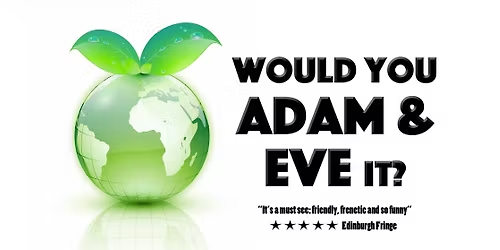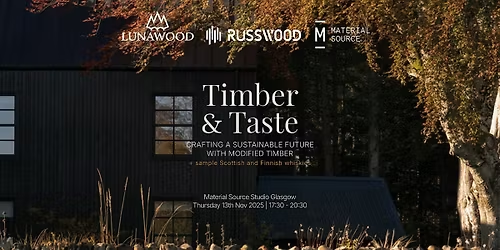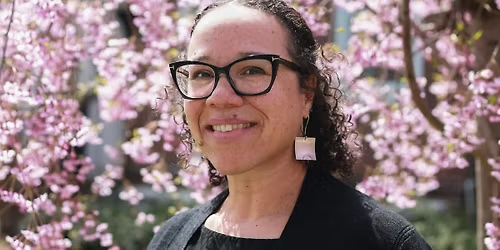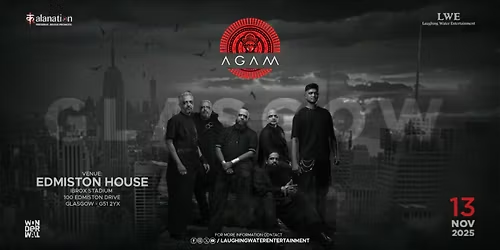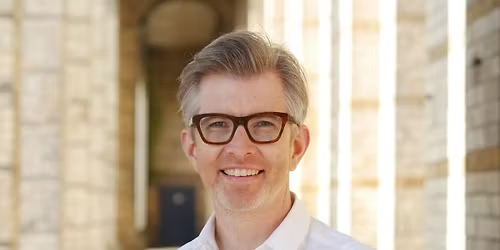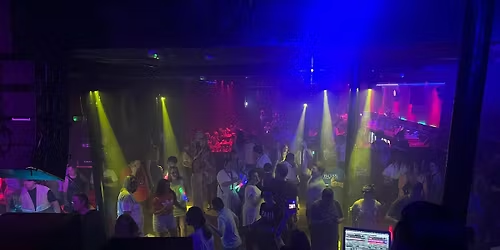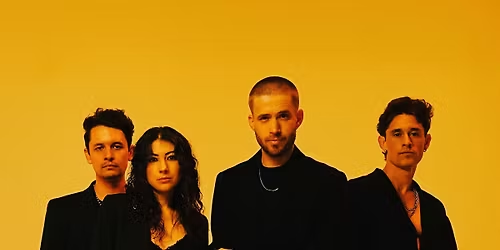
About this Event
As part of the Konrad Wolf Year 2025, we are presenting a four-part film series, curated by Professor Seán Allan, that highlights cinema as a medium of historical memory. Following Ich war neunzehn and Der geteilte Himmel, the third and final film to be shown at the Goethe-Institut is Sonnensucher (Sun Seekers, 1958), a DEFA production directed by Konrad Wolf. The film follows a group of uranium miners in postwar East Germany, portraying their personal struggles, political awakening, and the tensions between ideology and everyday life.
(The fourth and final film in the series will be shown in January at the University of St Andrews.)
In the autumn of 1950, Emmi Jahnke takes in a young orphaned girl who has until then been pushed around a lot and abused by men. Lutz, as the girl is called, is a typical post-war child; immensely relieved finally to have found a safe haven in Berlin. Emmi meets Jupp König, a young Communist, in a dancehall twenty years after she last saw him. At that time, she was hiding him in a circus troupe from the Nazis. Today, König is working in a mine. Emmi and Jupp get together again sooner than expected. For Emmi - and Lutz - are to work at the plant where König also works. This came about because the police found out that the two women had no fixed job. They had got dragged into a brawl which the police had to clear up. Lutz gets to know the young collier, Gunter Halleck, moves in with him for a while, but eventually realizes that he is not the right partner for her. She is not only burdened with private problems - at work there are confiicts too. There is a shortage of material and the workers lack basic knowhow. Moreover, Beier, the senior overman, is eyed with suspicion by all because he has not yet shed his unpleasant military officer's airs. The Soviet engineer, Melnikov, becomes Lutz's moral authority and model figure of integrity. The co-workers start taking hesitant steps towards one another...
Source: Progress Film-Verleih
GDR 1958 | Director: Konrad Wolf | 115 mins | Feature Film black and white | German with English subtitles.
Konrad Wolf (1925–1982) was one of the most important directors in the German Democratic Republic and a central figure in DEFA films. After his family emigrated to Moscow in 1934, he returned to Germany at the age of 19 as a soldier in the Red Army – a formative experience for his later film work. His works, such as Sterne, Der geteilte Himmel, Ich war neunzehn and Solo Sunny deal with German history, anti-fascist memory and social responsibility. Politically socialised at an early age, Wolf remained true to the ideals of communism, but repeatedly asked critical questions. In 2025, his 100th birthday will be celebrated with retrospectives, film restorations and events – an occasion to rediscover his cinematic legacy.
Seán Allan is Professor of German at the University of St Andrews and holds a Joint Research Professsorship at the University of Bonn. He studied at the University of Cambridge and spent a year studying Theaterwissenschaft at the Humbodlt Universität in what was then East Berlin. His publications include DEFA. East German Cinema, 1946–1992 (co-edited with John Sandford, 1996), Re-Imagining DEFA: East German Cinema in its National and Transnational Contexts (co-edited with Sebastian Heiduschke, 2016), and a monograph on the East german ‘artist film’, Screening Art. Modernist Aesthetics and the Socialist Imaginary in East German Cinema (2019). Together with Sebastian Heiduschke he has just published a new volume entitled Documenting Socialism. East German Documentary Cinema (2024).
Picture: DEFA
Event Venue & Nearby Stays
Goethe-Institut Glasgow, 3 Park Circus, Glasgow, United Kingdom
GBP 0.00



